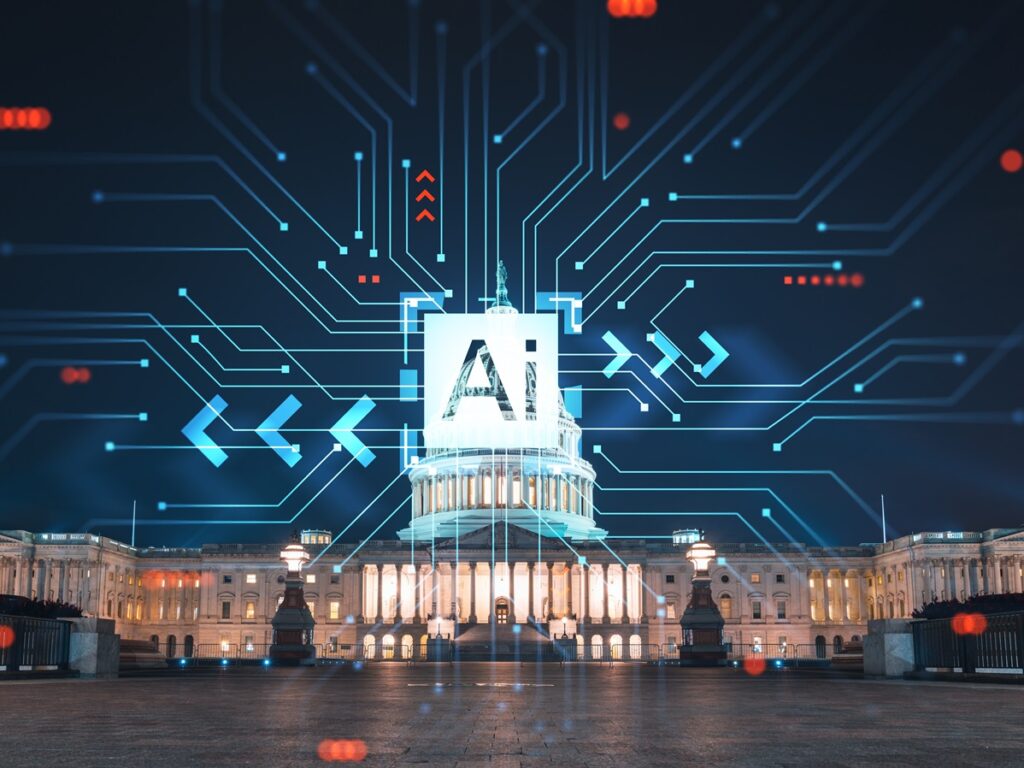Case-by-case enforcement of general laws allows specific business abuses to be targeted and addressed, without otherwise interfering in business planning and initiatives.
Regulation, by contrast, establishes a framework of rules governing private-sector conduct. Too often, this turns into inflexible, one-size-fits-all approaches that may ignore specific commercial circumstances and fail to respond in a timely manner to changes in technology and the business environment. Often, it’s the already-entrenched business interests that benefit by leveraging their influence and manipulating this regulation to maintain their advantages.
A statistical analysis published in 2017 in the Journal of Regulatory Economics found that more regulated industries had fewer new firms and slower employment growth across all firms. It also noted that “[l]arge firms may even successfully lobby government officials to increase regulations to raise their smaller rivals’ costs.”
Regulation also tends to reduce innovation, as found in a 2023 American Economic Review article. Innovation is a key to higher productivity and economic growth, as explained in a 2017 European Central Bank paper.
Those factors counsel strongly against rushing to regulate a new technology that currently is accelerating innovation in a wide range of applications and may require new governing approaches, just as the commercialization of the internet once did. Specific cases spotlight the benefits of avoiding too-much, too-soon regulation.
American Internet Freedom Versus the EU’s Stifling Approach
The U.S. decision not to overregulate the internet in its infancy is a great public-policy success that public policymakers examining AI should study closely. Economic analyst Mohamed Mouti explores the fruits of this decision at EconLog:
In the mid-1990s, the Clinton administration made a wise choice. They declared the internet a “market-driven area,” not regulated, with limited government involvement only to support and enforce a predictable, minimalist, consistent, and simple legal environment. This policy allowed a new generation of creative minds to explore this frontier for business and commerce. This approach led to the internet’s success, resulting in a surge of innovation. Today, the US is home to the most innovative tech firms, hosting vibrant internet-based companies and bringing countless benefits to consumers and small businesses.
In contrast, the European Union, which favors the “precautionary principle” of avoiding risk through early adoption of regulation, has had a terrible innovation track record.
Take the case of the EU’s efforts to regulate data privacy through its 2018 General Data Protection Regulation. GDPR requires firms to guarantee user rights related to access, consent, erasure, and data portability. There is already substantial evidence that it tends to impose high compliance costs and entrench incumbent companies, raise barriers to entry, and harm startups, entry, and smaller firms.
This history should give pause to anyone who believes that the AI Act will help position Europe to be an AI leader.
Is Now Really the Time?
Regulation is justified when its benefits can be shown to outweigh its costs. Of course, cost-benefit appraisals are imperfect and error-prone. In a famous 1969 article, the renowned economist Harold Demsetz warned against comparing an idealized version of a regulatory proposal (assuming it will work perfectly) to the actual outcomes of the current unregulated system.
The history of harmful regulatory imperfections underscores the wisdom of Demsetz’s warning. U.S. adoption of AI regulation would in all likelihood slow the rate of innovation in technology systems that appear poised to confer enormous benefits on society. Even small reductions in the AI growth rate can lead to huge long-term social welfare losses. Imagine what innovation-driven benefits might have been lost had the government decided to essentially control the internet 30 years ago.
What about AI-related harm? That is highly speculative at this point. Moreover, the federal government is closely monitoring the AI sector, ready to apply existing targeted legal sanctions at the first sign of a problem.
In sum, the AI landscape today features rapidly growing benefits and uncertain costs that, in all likelihood, can be well addressed under existing law if problems arise.
The time may (or may not) come when serious new and unanticipated AI-related problems arise that can best be handled through targeted regulatory solutions. But as of now, the case to regulate AI today has not been made.

